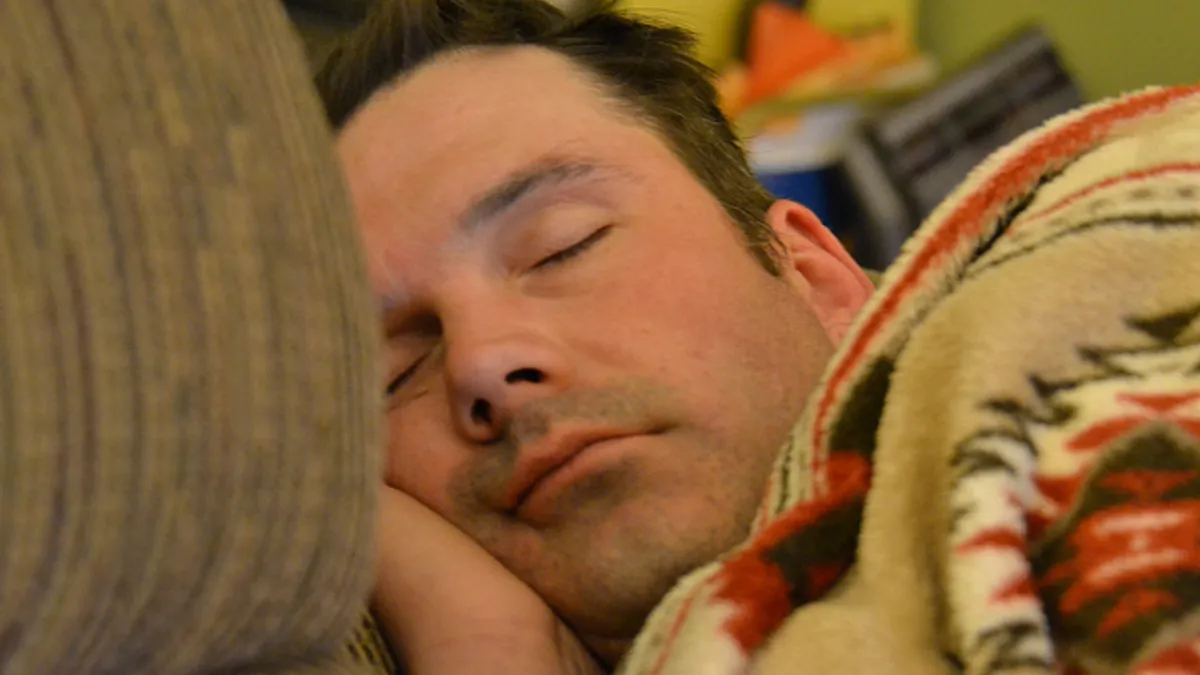Dive Brief:
- Making sure employees are getting enough sleep has received much buzz of late. Recently, Aetna CEO Mark Bertolini told CNBC that his company had a program that paid up to $500 a year to employees who sleep seven hours or more for 20 straight nights.
- As it turns out, those details were a bit off the mark. And such a benefit caused Slate to question whether that type of incentive, if even workable, is a good idea.
- Aetna's communications director told Slate associate editor L.V. Anderson that the actual program, Aetna’s Healthy Lifestyles, will pay employees $25 for every 20 nights in which they sleep seven hours or more, capped at $300 annually. And, the article points out, there is no truly accurate way to ensure employees are actually logging the sleep hours because the sleep component of the program is basically a self-reported honor system.
Dive Insight:
Bertolini also told CNBC that employees can a wear fitness tracker like a Fitbit and have their sleep information automatically synced with Aetna’s wellness platform. However, Anderson notes that wearable gadgets can be woefully inaccurate. Sometimes watching TV is mistaken for sleeping, for example, she writes.
The main issue, Anderson writes, is that employees on one hand want their employees to get a good night's sleep, but on the other hand have "unrealistic expectations" for them to work or answer emails 24/7.
Anderson does say that Aetna appears to be legitimately interested in employee well-being (as a healthcare insurer, that makes perfect sense). But for many employers, offering a sleep incentive program such as Aetna's while ignoring a toxic culture and unrealistic expectations is a major fail. If CEOs (and by extension, CHROs) actually want employees to get more sleep, they should focus more on work-life balance and flexibility, which is what many workplaces are turning toward.












